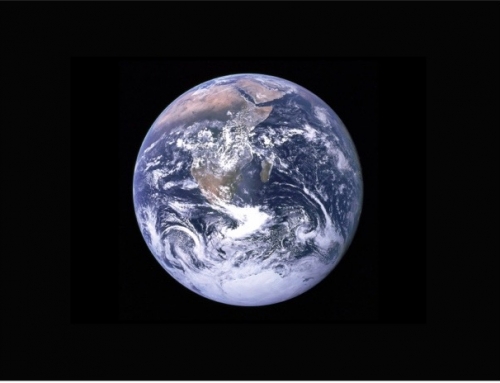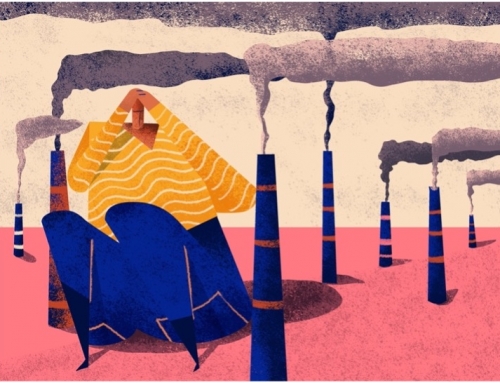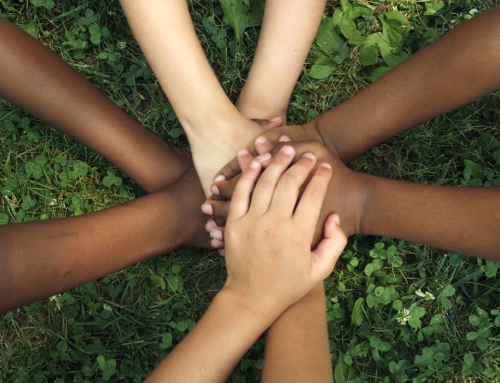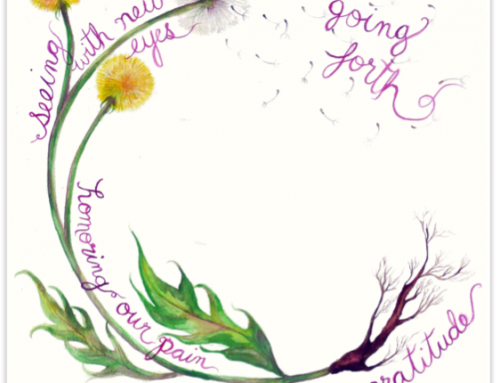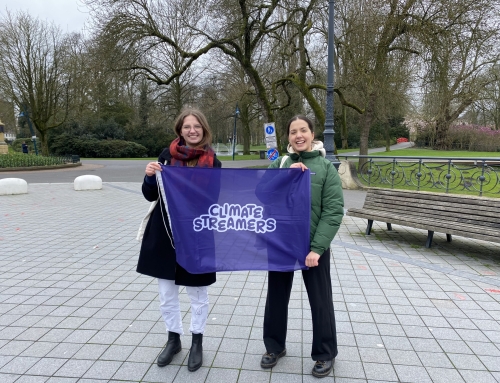#1 / Green Gary
Our current society faces complex challenges in which technical innovations can no longer offer the solution alone. Social innovation is an answer to this, as a new way of working, thinking and problem-solving, whereby the innovation is often more bottom-up or organized and the dilemmas are looked at more with a social outlook. After all: people influence each other.
In our learning community for these students, in which both alumni and the professional field are actively involved, we learn and work with these complex issues of the new economy, where win-win for all parties, the quality of life, the social contribution is just as important as financial profit. Below you read one of the initiatives of our young social innovators. Why do they contribute to the quality of life? #WHYNOT
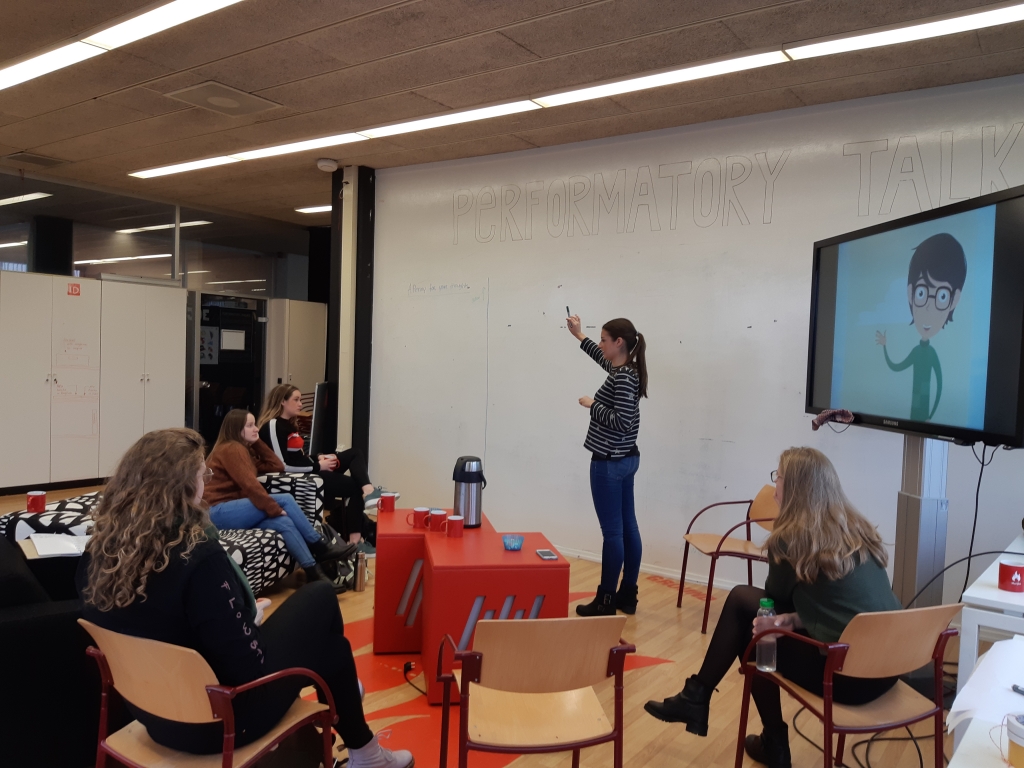
Amber and Marijke, two students from Team 11, were curious to what extent their own peers are aware of their plastic consumption and waste. And that’s why Green Gary was created. During their research, they used the cultural probes method. Normally this is a tangible box with attributes that helps the participant to collect data for the researcher, such as a diary, a polaroid camera and an assignment book. In order not to produce physical waste, the initiators have chosen to make a non-tangible variant of the cultural probes box, in the form of the character Green Gary. Via WhatsApp, Green Gary collects its data by sending participants assignments and sharing their data digitally with Green Gary. Marijke: “Through Green Gary, we have tailor-made personal contact with our participants every day.” After a week of data collection, the group met and during a creative session, awareness and inspiration of all respondents around the physical mountain of plastic waste were facilitated to continue together.
Amber: “To name a few of Green Gary’s assignments: mapping the ingredients of a few personal care products (after watching a short film about microplastics), mapping your own footprint and talking with third parties about a possible plastic diet. ”
In addition to creating awareness of your own plastic consumption among peers, generating ideas and new initiatives to help them further together in a more sustainable lifestyle is something they have in mind.
Marijke Frederiks & Amber Kuijpers prefer to deal with social and ecological challenges. Their shared interests: environmental issues, such as pollution, the greenhouse effect and agriculture. Their mission is to create awareness about these topics.
Check your own footprint: https://www.footprintcalculator.org

